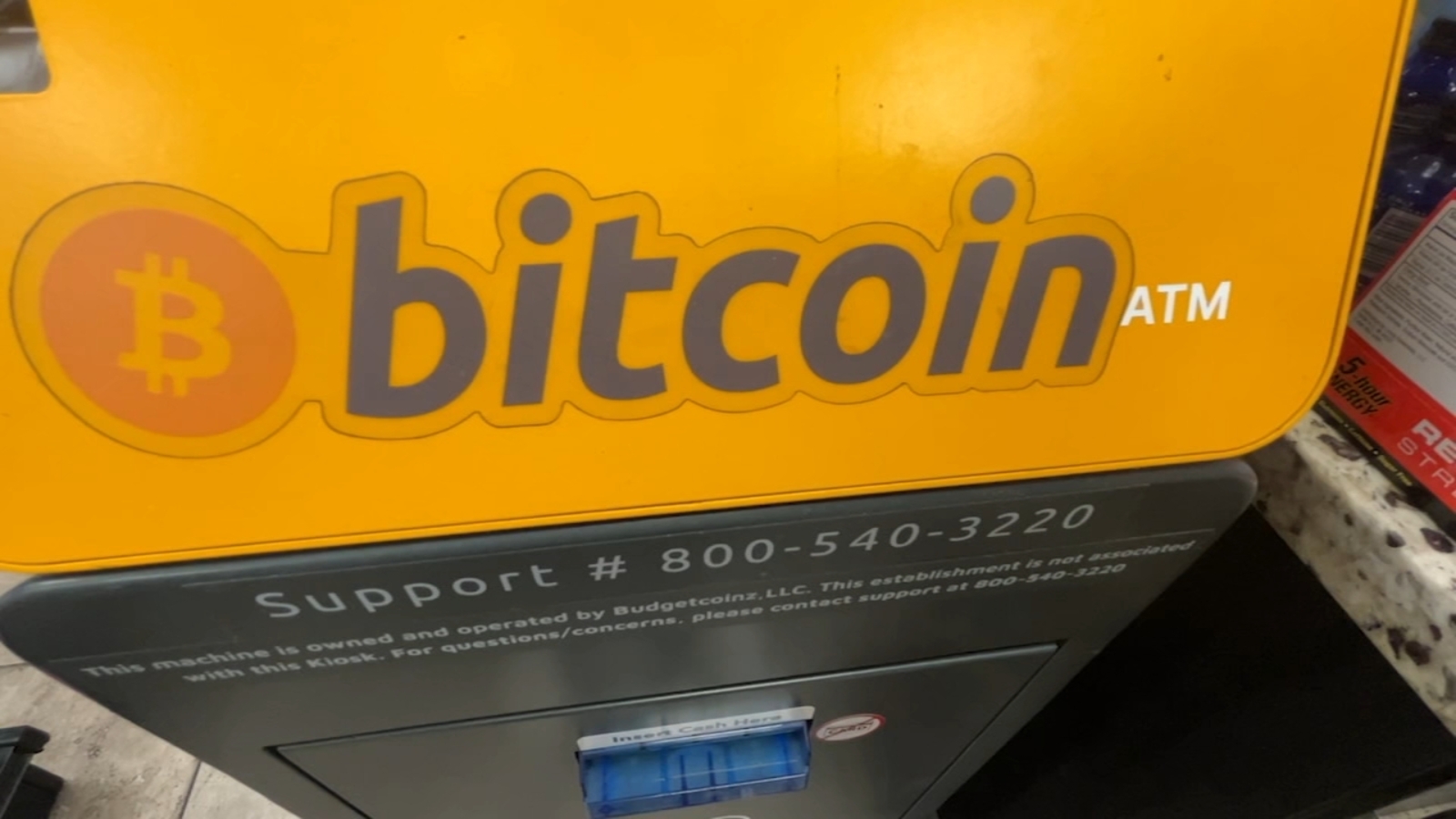
""I went in there and we put, my wife and I put money into this ATM, you know, $100 bill at a time, you know? That was basically what it took." Meduri had placed the money into a Bitcoin account or "wallet" as it's called, straight to the scammers; he didn't know that at the time. Then, the lawyer and his staff went silent, so Meduri tried his son's cell phone and when his son answered, he knew it was all a scam."
"Meduri's next call was to the Santa Clara County DA's Fraud Unit, where attorney Erin West worked. "The thing about cryptocurrency is it's on a blockchain, which is a ledger," West said. "We can see every transaction that happens. So, when we were able to see where he sent his money, we were able to send them an email that day and get them"
Scammers are increasingly directing victims to Bitcoin ATMs to convert cash into cryptocurrency, using urgency and impersonation tactics such as fake arrests or legal threats to pressure payments. Victims deposit cash into machines that transfer funds directly to scammer-controlled wallets, often believing they are paying bail or fees. Family members and elderly targets are commonly exploited. Law enforcement can track cryptocurrency flows on the blockchain and may contact recipient addresses quickly, but recovery is difficult once funds move through mixers or offshore channels. Fraud units advise verifying claims independently, contacting relatives directly, and reporting incidents immediately to authorities.
Read at ABC7 San Francisco
Unable to calculate read time
Collection
[
|
...
]